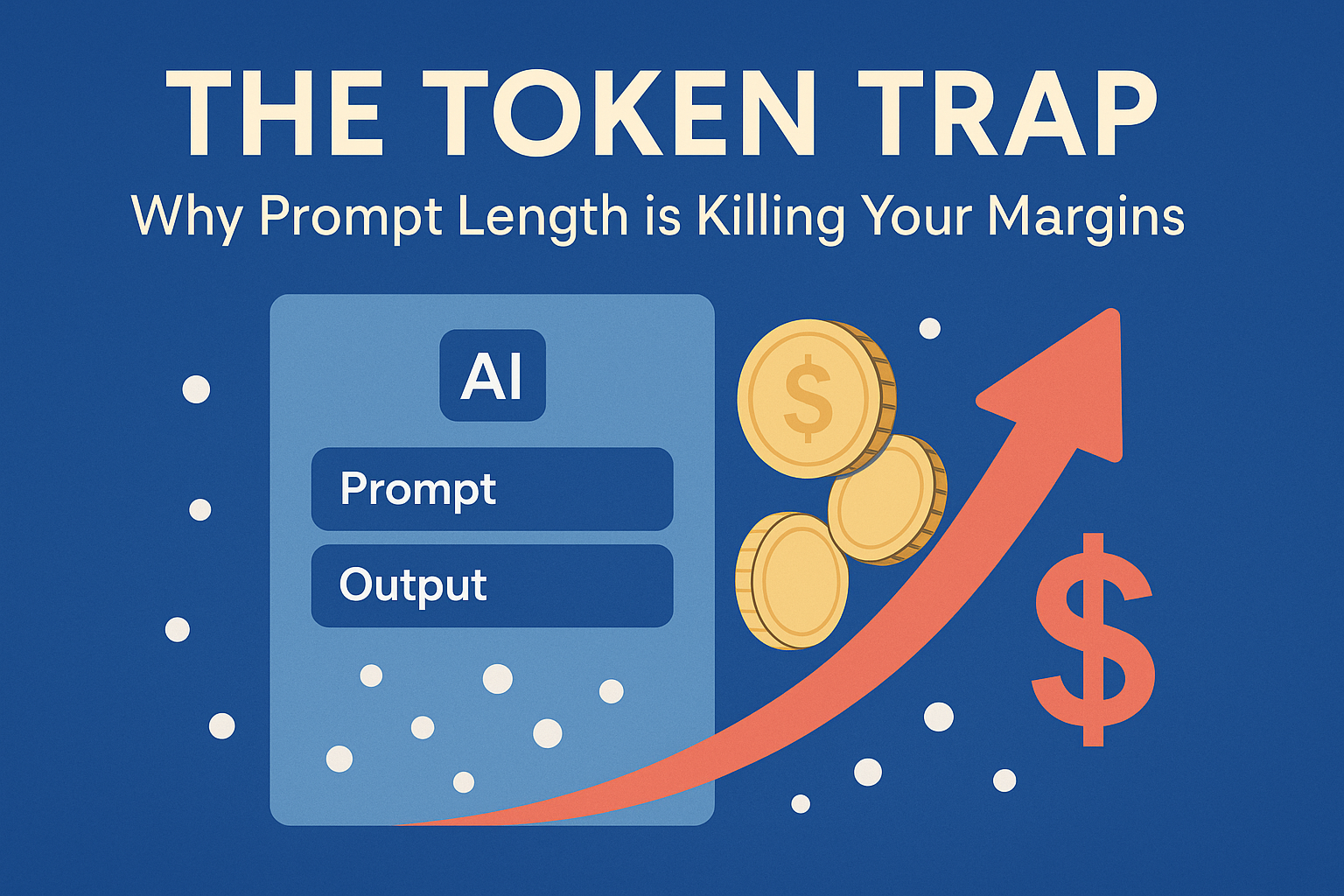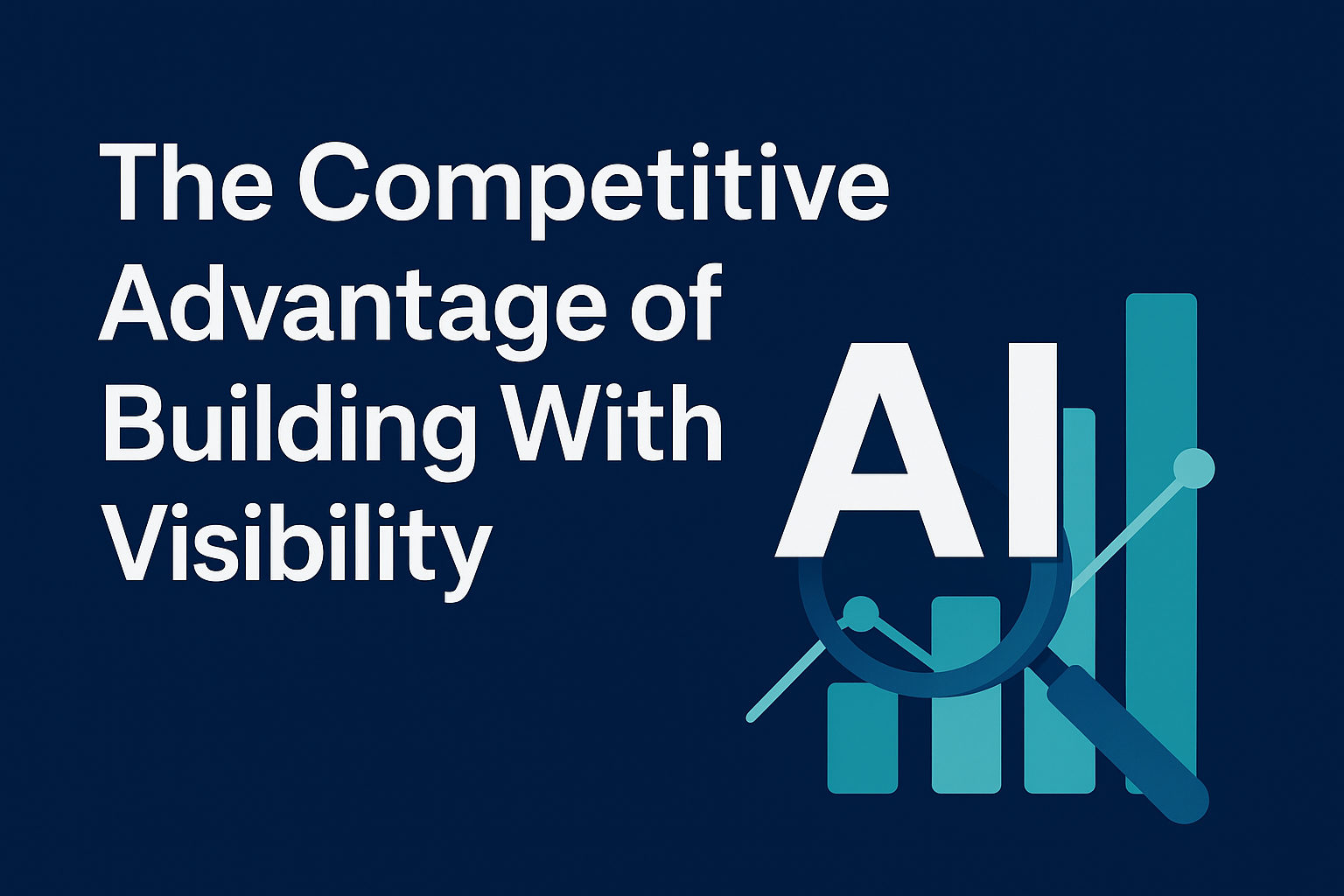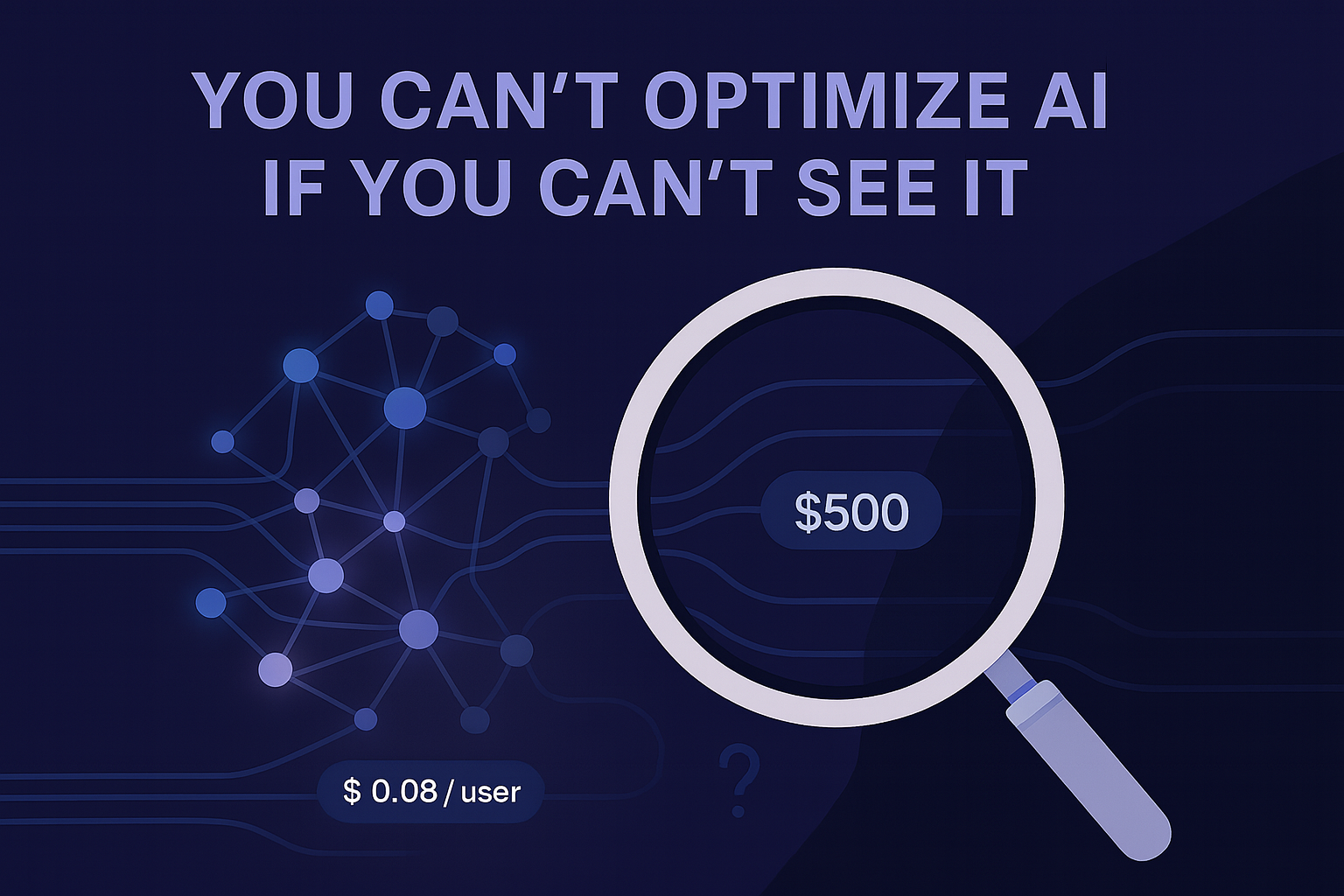The Cloud Got Expensive. AI Is Worse.
By John Rowell, Co-founder & CEO, Revenium
www.revenium.io
Cloud spend taught us a lesson: when infrastructure scales faster than visibility, budgets explode. That reality gave rise to FinOps, the discipline that brought accountability to AWS, Azure, and GCP.
Now the same pattern is happening again, only faster and with higher stakes. AI is introducing a new kind of cost sprawl. It’s no longer just EC2 and S3. It’s GPT-5 token usage that doubles overnight, Anthropic requests with unpredictable latency costs, GPU training jobs that spike without warning, and inference pipelines strung together like Rube Goldberg machines.
Teams are moving fast. Budgets are breaking even faster.
The Wake-Up Call
We’ve talked to teams burning $30K+ a month on OpenAI without knowing which product features are driving the spend. Others are running multiple models in production, but can’t tell which one is most cost-effective. Some are flying blind on GPU jobs that spike unpredictably, blowing a hole in their forecasts.
The reality is simple:
- No visibility.
- No pricing strategy.
- No way to tie spend to value.
That’s not sustainable for startups racing to find product-market fit — or for enterprises staking entire business lines on LLMs.
We’ve Been Here Before
When I helped scale OpSource in the early days of Infrastructure-as-a-Service, entire software stacks were suddenly built on something no one knew how to meter or govern. Cost tools had to catch up, and a whole ecosystem, FinOps, emerged to fill the gap.
AI is at the same inflection point, but it’s moving faster. Cloud spend ramped over years. AI spend is ramping in months. The winners of this wave won’t just master the model layer. They’ll master the economics layer beneath it.
Enter AI FinOps
Today’s AI ecosystem is obsessed with building. Smarter agents, better models, faster launches. But the harder question isn’t “Can we build it?” It’s:
- Can we track it?
- Can we monetize it?
- Can we control the burn before it kills our margin?
That’s the gap Revenium was built to fill.
What Revenium Delivers
Revenium is the FinOps layer for AI teams. We connect to your models, APIs, and infrastructure, OpenAI, Mistral, GPUs, vector DBs, you name it, and give you real-time financial visibility:
- Token-level usage by feature, user, or product.
- Cost attribution across teams and models.
- GPU consumption by job, with alerts for spikes.
- Forecasted spend and margin risk before it hits your books.
- Billing-ready data tied directly to actual usage.
We’re not a cloud cost tool retrofitted for AI. Revenium is purpose-built for AI’s unpredictable, consumption-based economics. Because you can’t optimize what you can’t see — and you can’t monetize what you can’t meter.
Why Now
Generative AI is scaling faster than any tech platform before it. Analysts project it will be a $1 trillion market by 2034, but most AI-native companies are still running their finances on spreadsheets and best guesses.
That’s a recipe for disaster. Scaling AI with no visibility is like running a factory without an energy meter. Sooner or later, the bills catch up.
FinOps isn’t just about saving money. It’s about making spend predictable and turning usage into a repeatable, profitable business model.
What’s Next
We’re already working with companies across the AI stack:
- Model providers pushing the frontier.
- SaaS platforms layering AI into production apps.
- Government orgs piloting LLMs at national scale.
Some are early stage. Others manage $20M+ in annual AI spend. What they share is the same urgent need: to make AI financially sustainable.
We’re early. But the whitespace is massive. Just as Stripe built the rails for internet commerce, AI needs its own financial infrastructure. Revenium is building those rails to make AI scalable, sustainable, and profitable.
If you’re building with LLMs, scaling AI infra, or launching an AI-native platform, and you don’t know where your AI spend is going, now’s the time to get visibility.
John Rowell
Co-founder & CEO, Revenium
www.revenium.io
john.rowell@revenium.io








